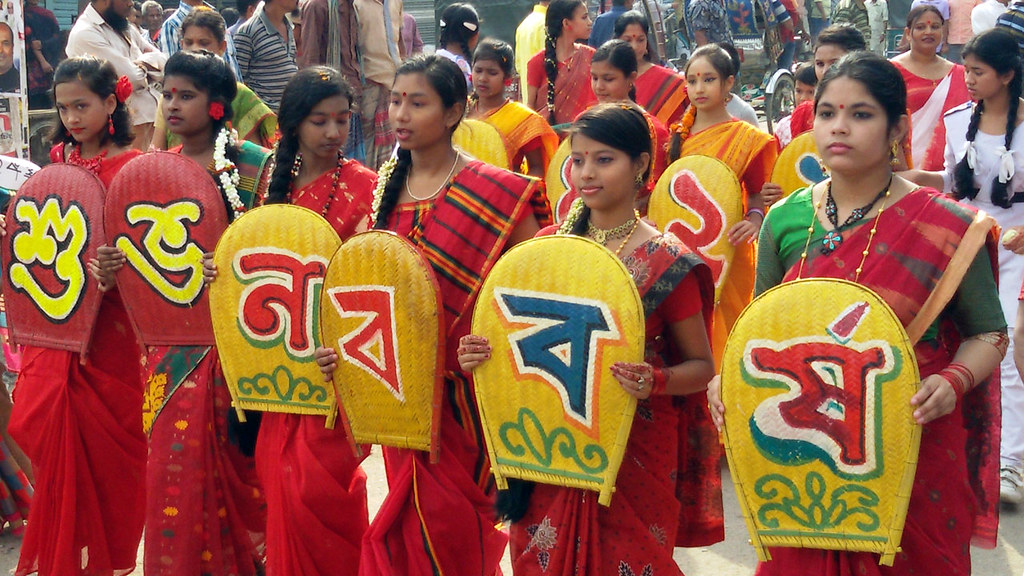From a Stoic perspective, celebrating Pohela Boishakh can be approached with a mindset of embracing the present moment and focusing on what is within our control. Stoicism teaches us to practice the virtue of wisdom, which involves understanding the nature of events and accepting them with equanimity. Here are some pieces of advice, related to the writings of Stoic philosophers, that can guide us in experiencing Pohela Boishakh through a Stoic lens:
1. Embrace the Impermanence: Pohela Boishakh marks the beginning of a new year, reminding us of the cyclical nature of life. The Stoics emphasized the concept of “Amor Fati” or “love of fate,” which encourages us to accept and embrace the impermanence of life. Marcus Aurelius, a prominent Stoic philosopher, wrote in his Meditations, “The universe is change; our life is what our thoughts make it.” So, while celebrating Pohela Boishakh, let go of attachment to the past or worries about the future, and focus on enjoying the present moment fully.
2. Practice Mindfulness: Stoicism encourages us to cultivate mindfulness and be fully present in every experience. As you participate in the festivities of Pohela Boishakh, pay attention to the sights, sounds, and smells around you. Seneca, another Stoic philosopher, stated, “The greatest obstacle to living is expectancy, which hangs upon tomorrow and loses today.” By immersing yourself in the present, you can savor the joys of the celebration without being burdened by worries or anxieties.
3. Cultivate Virtue: Stoicism places great importance on cultivating virtues such as wisdom, courage, justice, and temperance. As you engage in the various traditions and rituals associated with Pohela Boishakh, reflect on how you can embody these virtues in your actions. For example, practice justice by treating everyone you encounter with fairness and respect, or demonstrate courage by facing any challenges or discomforts that may arise during the celebration.
4. Accept What is Beyond Your Control: Stoicism emphasizes the distinction between what is within our control (our thoughts, attitudes, and actions) and what is beyond our control (external events and circumstances). During Pohela Boishakh, there may be unexpected situations or outcomes that are beyond your control. Epictetus, a Stoic philosopher, advised, “Make the best use of what is in your power and take the rest as it happens.” Instead of becoming frustrated or upset by these uncontrollable factors, focus on adapting to them with resilience and maintaining an inner sense of tranquility.
5. Express Gratitude: Stoicism encourages us to cultivate a sense of gratitude for the present moment and the experiences we encounter. As you celebrate Pohela Boishakh, take a moment to reflect on the blessings in your life and express gratitude for them. Seneca wrote, “You act like mortals in all that you fear and like immortals in all that you desire.” By shifting your perspective towards gratitude, you can find contentment in what you have rather than constantly seeking external validation or material possessions.
By applying Stoic principles to your experience of Pohela Boishakh, you can cultivate a sense of inner calm, mindfulness, and gratitude. Remember, Stoicism teaches that our perception and response to events shape our experience of life, so choose to celebrate this special occasion with wisdom and virtue.




